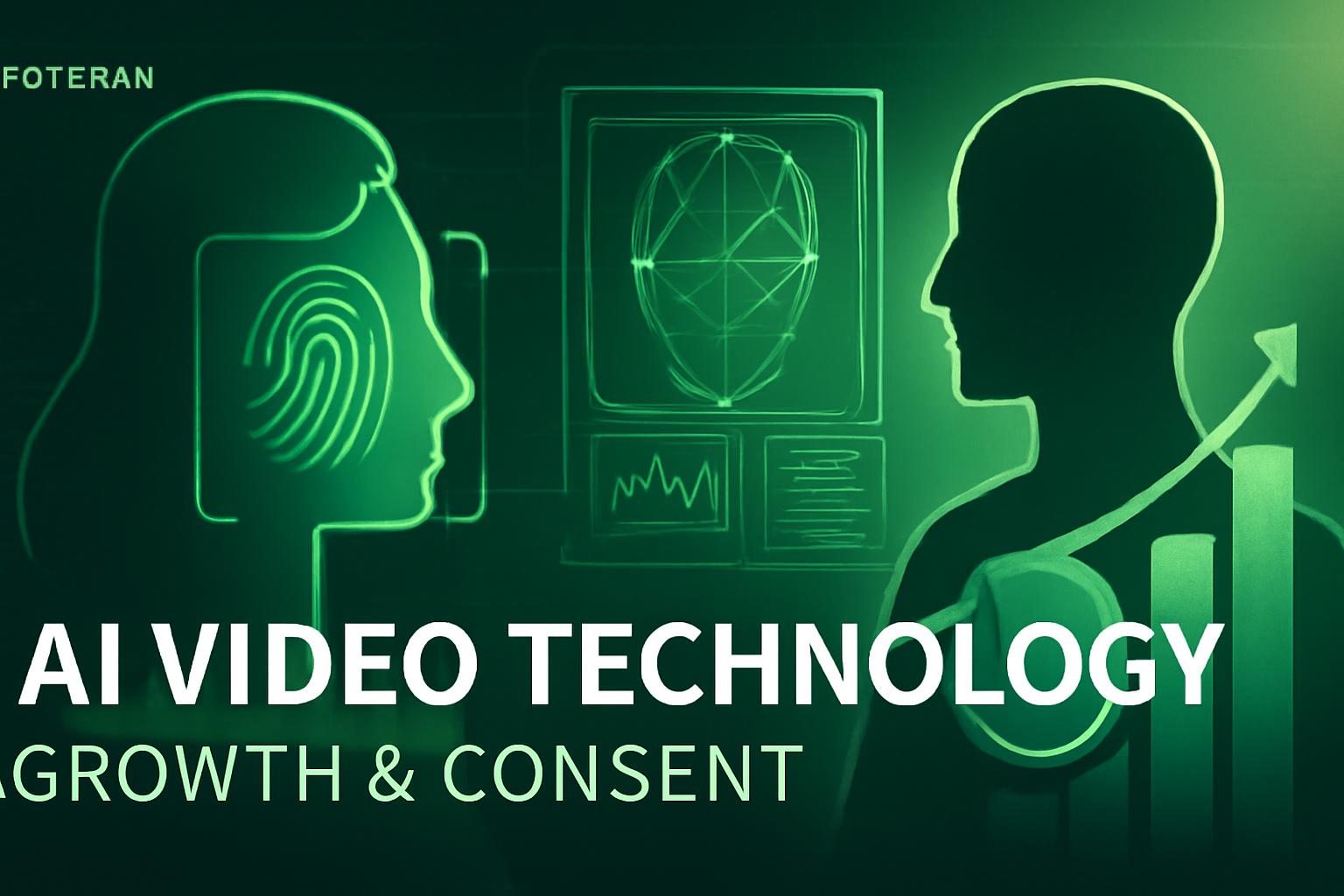OpenAI Revises Copyright Strategy for Sora AI Video App
OpenAI is adjusting its approach to copyright and intellectual property management in its recently launched AI-powered video application, Sora. Initially reported to require rights holders to opt out for their content to be excluded, the company is now moving towards a more rights-holder-friendly, opt-in system.
Sora’s Unique Features and Early Adoption
Despite being invite-only at launch, Sora quickly rose to the top of the App Store charts. Its standout feature is the “cameos” functionality, which allows users to upload biometric data to generate digital likenesses of themselves within AI-created videos. This capability has also led to widespread use of popular copyrighted characters, sometimes even in critical or satirical contexts, raising concerns over intellectual property use and enforcement.
Introducing Granular, Opt-In Copyright Controls
In a recent blog post, OpenAI CEO Sam Altman outlined two major upcoming changes for Sora. The first involves granting copyright holders more granular control over how their characters are used in generated videos. This system will operate on an opt-in basis, meaning users will only be able to feature copyrighted characters if explicit permission has been granted.
“We are hearing from a lot of rightsholders who are very excited for this new kind of ‘interactive fan fiction’ and think this new kind of engagement will accrue a lot of value to them, but want the ability to specify how their characters can be used (including not at all),” Altman said.
Altman also recognized that despite these measures, some unauthorized content may still slip through, describing these as “edge cases.”
Plans for Video Monetization and Revenue Sharing
The second change involves the introduction of monetization mechanisms for video generation. Previously, OpenAI planned only to charge users for additional video creation during high-demand periods. Altman’s recent statements suggest a broader monetization strategy that could include sharing revenue with rights holders. He emphasized the goal of creating a new type of engagement that is valuable beyond just revenue sharing, aiming for a mutually beneficial ecosystem between users and content owners.
FinOracleAI — Market View
OpenAI’s shift to an opt-in copyright framework for Sora represents a significant recalibration in AI content generation, balancing user creativity with rights holder protections. This approach could set a precedent for responsible AI media platforms, potentially easing legal tensions while fostering innovative user engagement.
- Opportunities: Enhanced rights holder cooperation, increased user trust, new monetization revenue streams, expanded market adoption.
- Risks: Enforcement challenges for unauthorized content, potential user dissatisfaction with restrictions, complexity in rights management.
Impact: OpenAI’s proactive copyright controls and monetization plans position Sora as a pioneering platform in AI-generated video content, likely to influence industry standards and stakeholder expectations positively.













